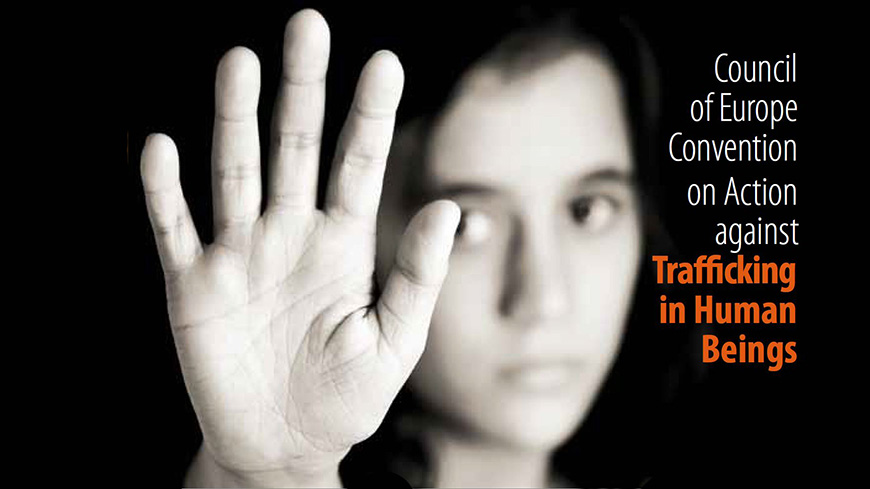The Council of Europe’s expert group against human trafficking (GRETA) has recently published its new monitoring reports on Belarus, Bosnia and Herzegovina, France and Norway, outlining progress and outstanding issues, and providing recommendations to the countries’ authorities.
The report on Belarus, the first of its kind for this country, commends the adoption and application of dedicated anti-trafficking legislation, as well as measures taken to raise public awareness. However, GRETA stressed the need for more co-operation between the authorities and civil society, as well as additional measures to improve the socio-economic situation of persons prone to being trafficked. GRETA also urged the Belarusian authorities to ensure that the identification of victims is independent from the criminal investigation, to specifically define in law the recovery and reflection period, as well as to set up a State compensation scheme accessible to victims of trafficking and to ensure that they are not punished for unlawful activities, if they were compelled to do so.
In its report on Bosnia and Herzegovina, GRETA welcomes the criminalisation of human trafficking all over the country, the introduction of the non-punishment of victims for offences they were forced to commit as a result of being trafficked, as well as granting them a recovery and reflection period. However, GRETA urges the authorities to strengthen their efforts to prevent trafficking in children who constitute the majority of identified victims of human trafficking in the country; to improve the identification of victims, adequately assist them, regardless of their co-operation with the investigation and prosecution, as well as facilitate their access to compensation. As for child victims, long-term monitoring of their reintegration and a proper risk assessment before returning children to their parents are needed.
The report on France welcomes the legislative changes to criminalise trafficking and strengthen victims’ rights protection, as well as the improvement in the provision of compensation for them and the adoption of the first national anti-trafficking plan. However, GRETA urges the French authorities to improve the identification of victims of trafficking, independent from their co-operation with the law enforcement and regardless of the purpose of exploitation. More must be done to prevent trafficking of children and to ensure that unaccompanied children benefit from effective care and have guardians to protect their interests. Victims must have better access to specialised assistance and accommodation, be granted recovery and reflection period, and not be punished for offences committed as a result of being trafficked.
Norway, the GRETA report says, has made progress in fighting human trafficking: the maximum penalty for this crime has been increased to six years in prison; specialised anti-trafficking units have been set up; children’s houses (barnehus) have been used to interview child victims, and compensation from the state has been granted to victims in a number of cases. However, procedures and roles of all who may come into contact with victims of trafficking must be formally spelled out, with special attention paid to child victims. The identification of victims of trafficking among asylum seekers, migrants and persons placed in detention centres must be improved. All possible victims should be provided with a recovery and reflection period. Child victims should be offered appropriate accommodation, access to free legal assistance and psychological support.


